-
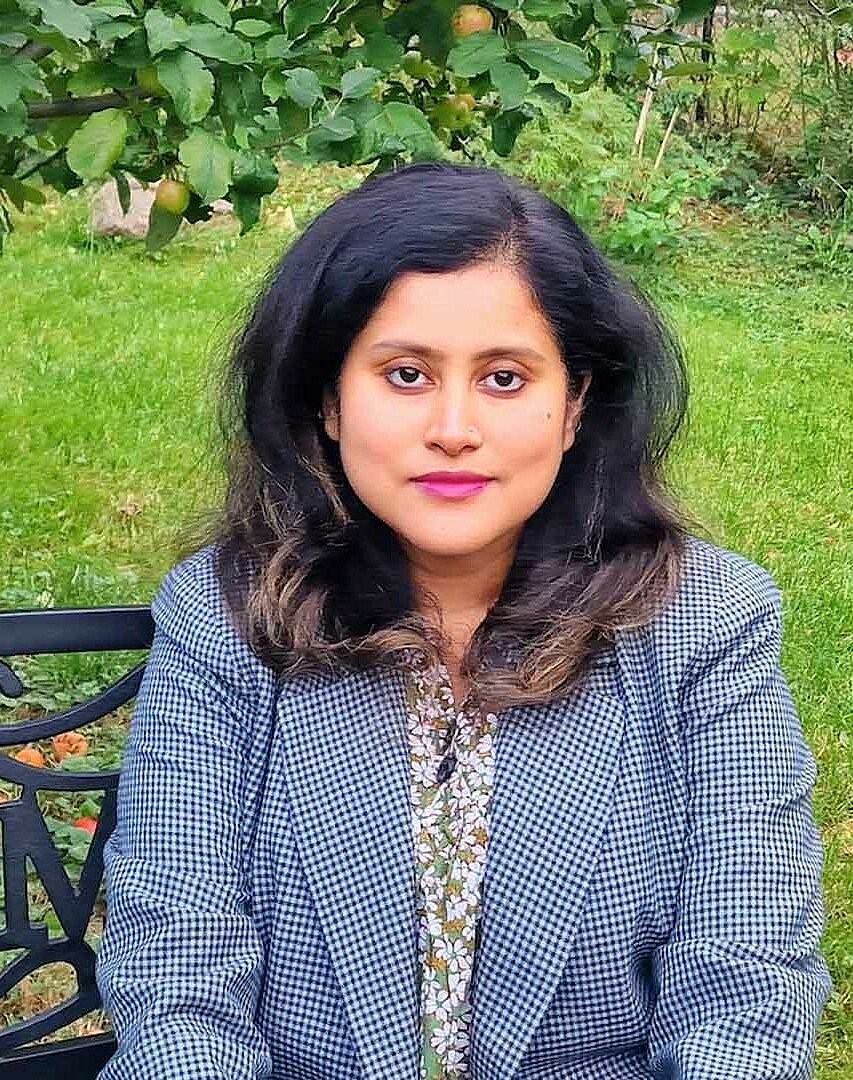 25.01.2024
25.01.2024Dr. rer. nat. Priyanka Banerjee, Charité – Universitätsmedizin Berlin
Brain City Ambassador Dr. rer. nat. Priyanka Banerjee is passionate about data. Together with her research team at the Institute of Physiology at Charité - Universitätsmedizin Berlin, she endeavours to find out how certain substances affect humans. One of her current research focuses: Food allergies.
Nuts, cow’s milk, soya beans: Today, up to ten percent of people worldwide suffer from food allergies. In the United States alone, it is estimated that they affect around eight percent of all children and five percent of all adults. According to the Federal Institute for Risk Assessment, between two and three per cent of adults and four per cent of infants in Germany are allergic to food ingredients. Dr Priyanka Banerjee is working with a clinical research group at Charité - Universitätsmedizin Berlin as part of the “Computational prediction of food allergies” project to find out the allergenic potential of certain food proteins.
“The structure of a protein plays a decisive role. Some food proteins can have specific characteristics that make it more likely that they will trigger an immune reaction,” explains the Brain City Ambassador. Since 2021, she has been working at the Institute of Physiology at the Charité as one of the principal investigators on computer-aided models to predict new targets for active ingredients. This also includes the safety assessment of drug-like compounds. “My work also includes analysing patient data, for example from electronic health records and claims data,” says Priyanka Banerjee. She analyses these with the help of data mining and specific analysis techniques in order to determine possible correlations. “Our predictions are then validated using clinical samples provided to us by the DFG-funded Clinical Research Unit (CRU).”
Dr. Priyanka Banerjee entered her field of research “as a matter of course and mostly out of curiosity”, as she says. “Linking data and making meaningful observations is a key aspect of my research that I really enjoy.” She is passionate about working in areas that have to do with patient safety or helping to improve and reduce animal testing. “Both are critical points that can advance health care and research in an ethical and responsible manner.” The development of medicines is traditionally a process controlled by scientists, explains the Brain City Ambassador. However, the patient-centred approach in drug research that has been pursued to a greater extent recently makes it possible to focus more on the needs and perspectives of patients. “This improves the chances of developing successful therapies.”
There is hardly another city that offers so many facets – science, technology, art, music and history.
Priyanka Banerjee came to Brain City Berlin in 2013 to do her doctorate at the Humboldt-Universität zu Berlin. “Before that, I lived in Bonn and Heidelberg to complete my Master’s degree in Life Science Informatics,” she says. “I have had great experiences here. Berlin is a beautiful city that attracts many international visitors. These include numerous scientists who are doing their doctorates, writing their Master’s theses, completing internships and training here. Berlin is often perceived as a cosmopolitan and tolerant city, which is undoubtedly important to me. But I was also fascinated by the city because it is a centre of social movements, which has cemented its reputation as a place of diversity and inclusion. There is hardly another city that offers so many facets – science, technology, art, music and history.”
Professionally, Brain City Berlin offers Priyanka Banerjee a broad scientific ecosystem with high-calibre academic and industrial partners. “Start-up platforms such as the SPARK-BIH program based at the Berlin Institute of Health (BIH) at the Charité also support the implementation of academic innovations into clinically relevant therapies, diagnostics and medical devices through mentoring, financing and training. In her free time, the culture-loving scientist, who herself performed in a theatre group in Bonn, enjoys going to the theatre and does a lot of yoga. She has recently begun learning the piano. And through the “Girl Gone International” platform, she has also made close friends outside the science scene. “The group offers meetings, both offline and online, volunteering opportunities and opportunities to travel as a GGI. As someone who loves travelling, I have really enjoyed that so far.”
From her own experience, Priyanka Banerjee advises young academics who would like to come to Berlin: “Be open-minded! Science should be fun and needs a curious mind!” Another important point: Although newcomers are usually expected to be independent at the start of their career, it often still makes sense to ask for support. “Berlin is competitive, of course. Have the courage to be different! The city is constantly evolving to be diverse and inclusive in every respect!" (vdo)
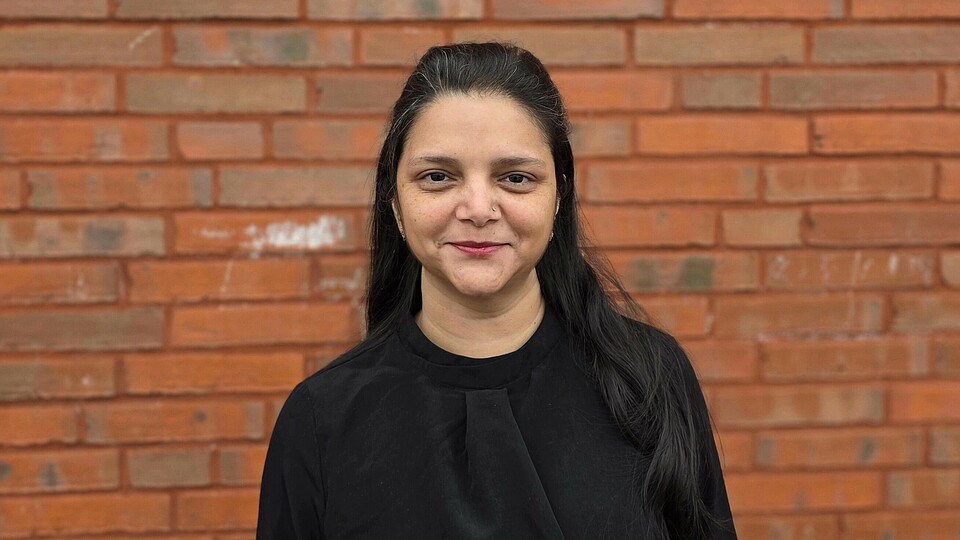
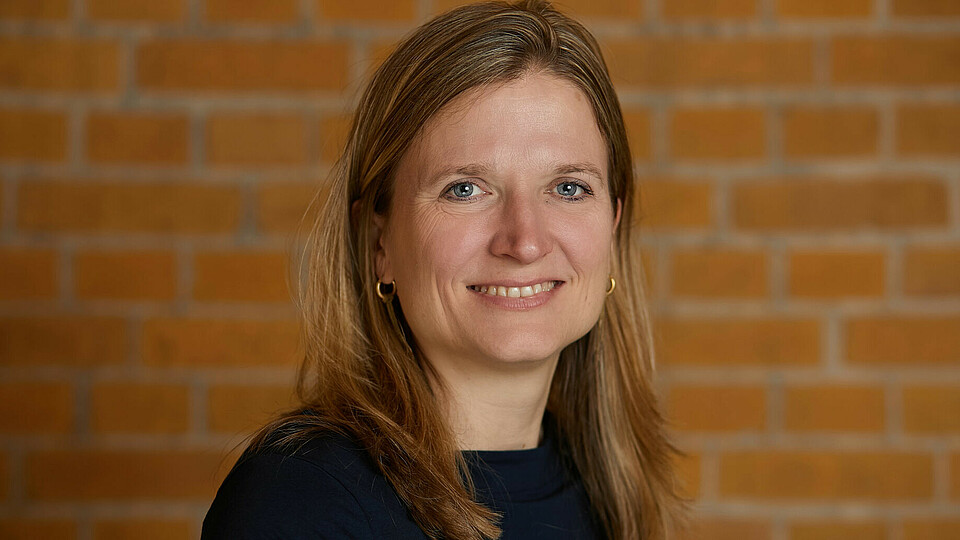
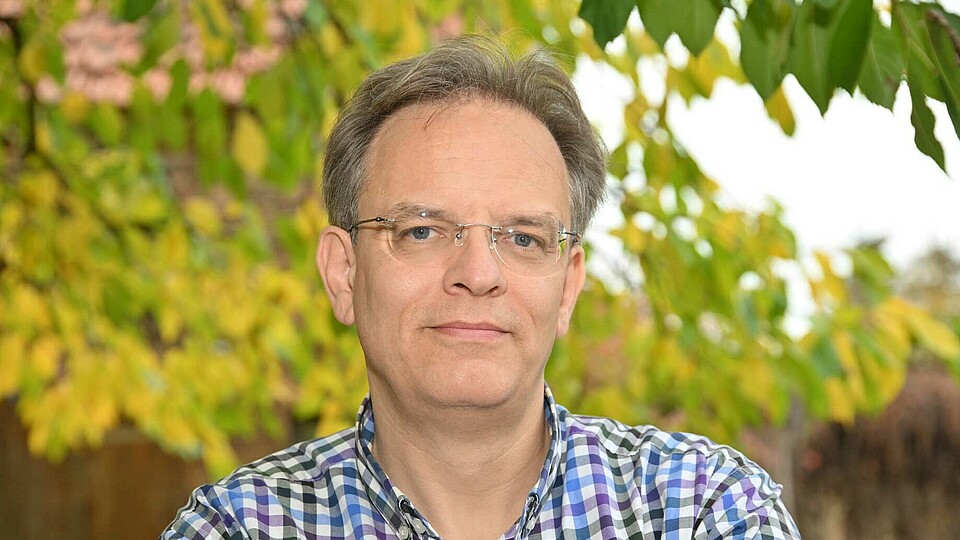
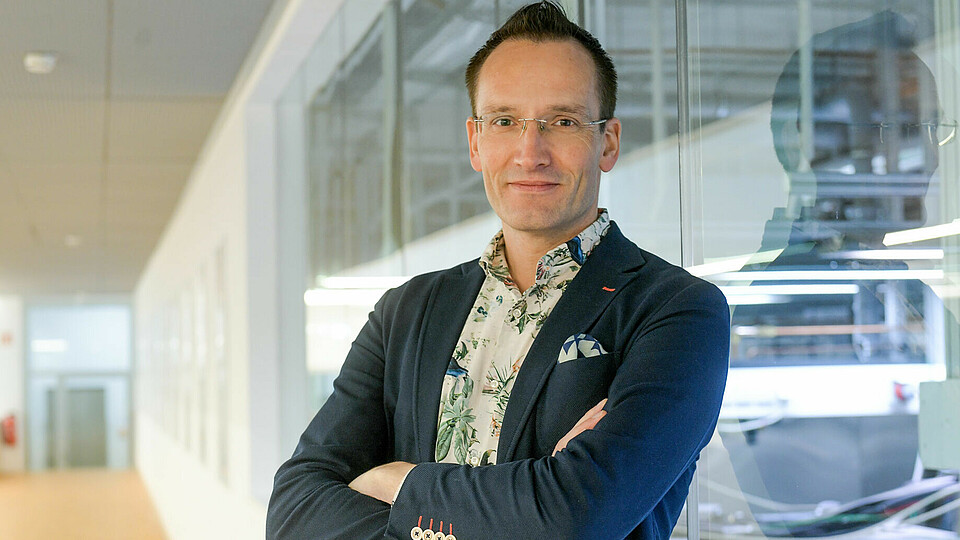

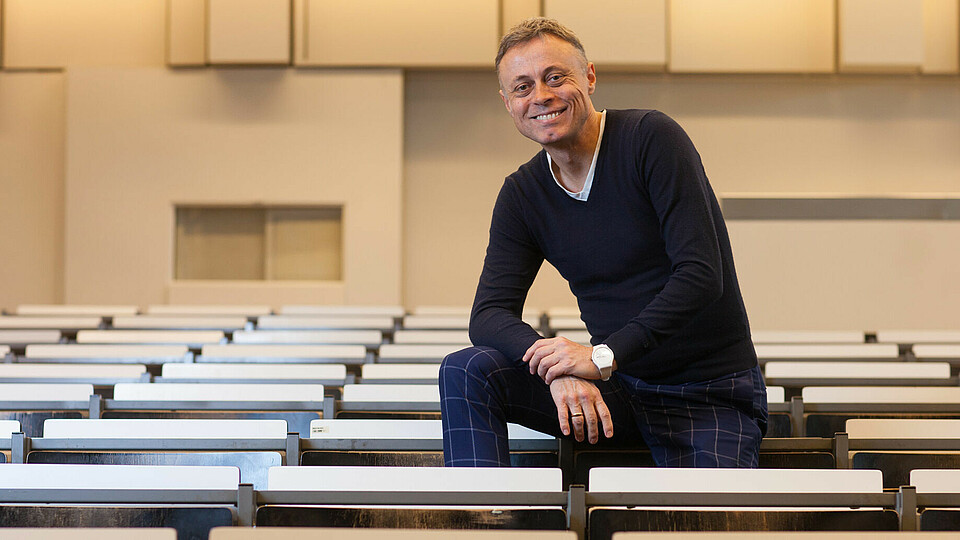
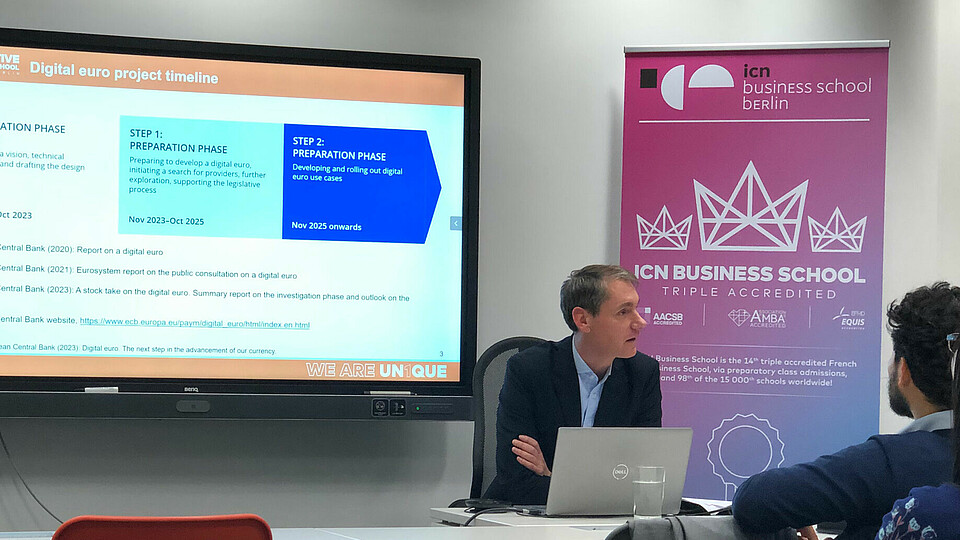
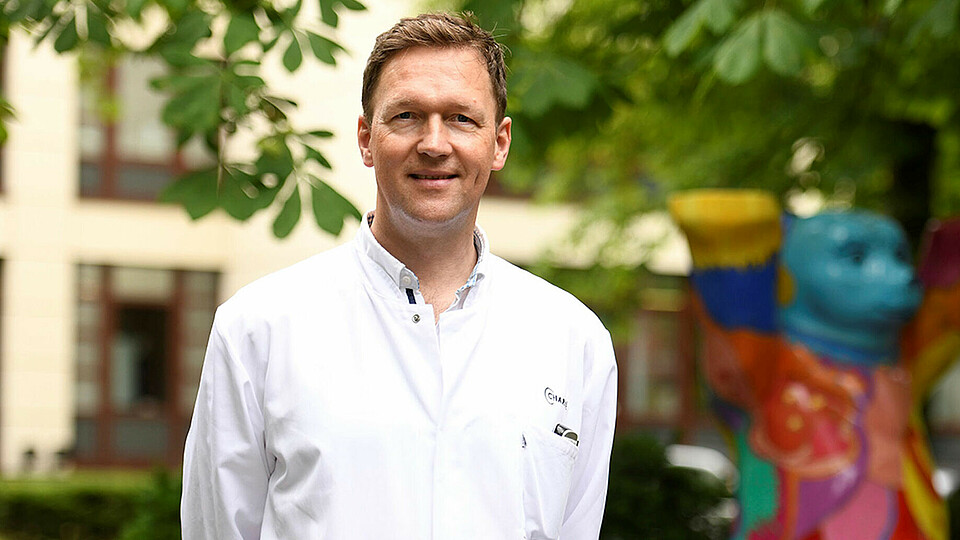
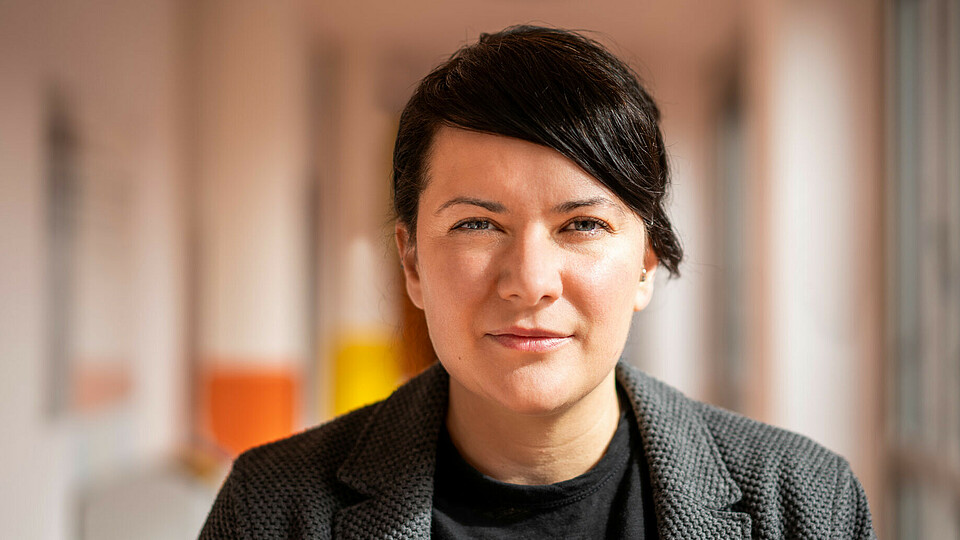
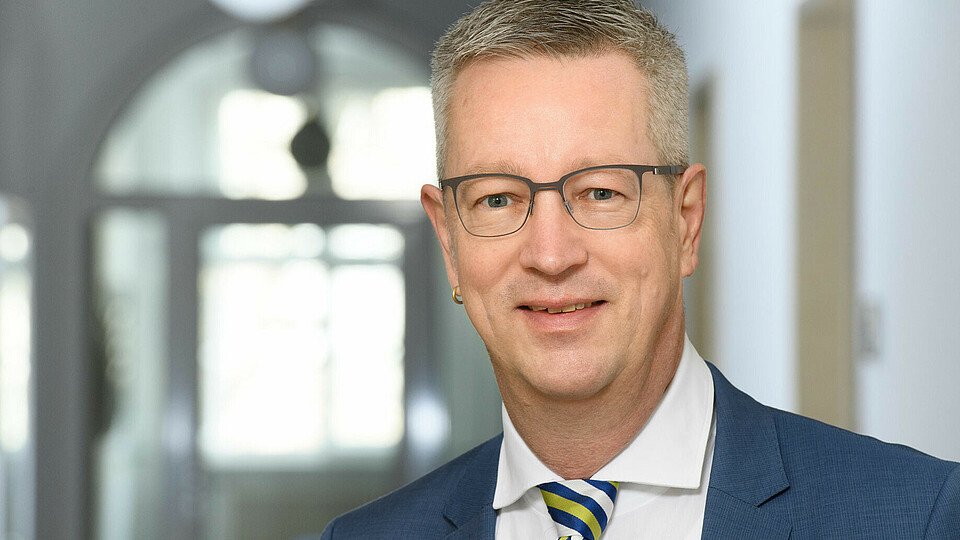
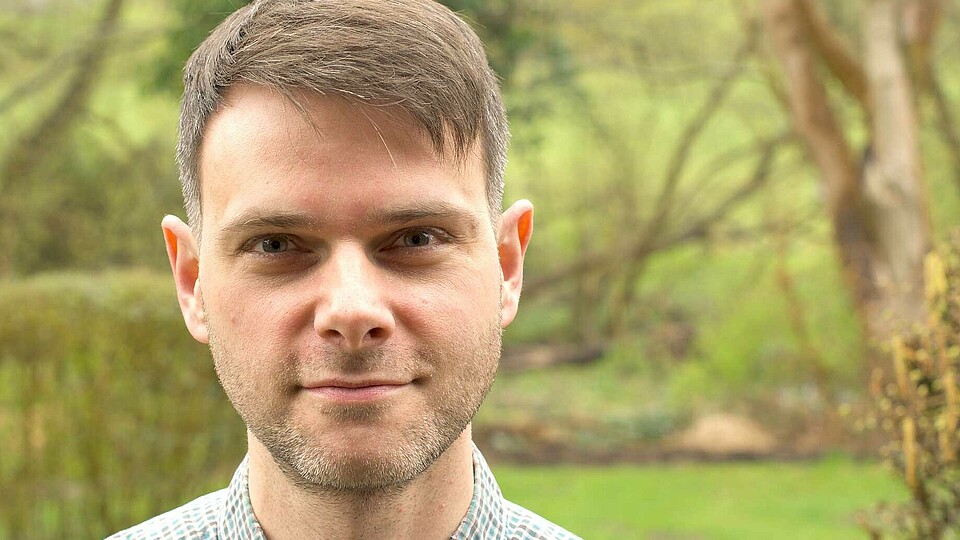
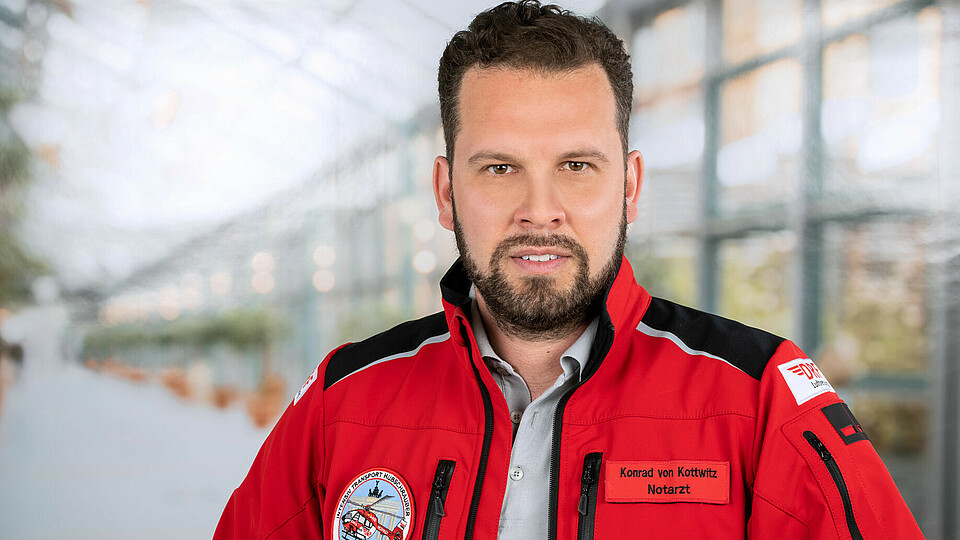
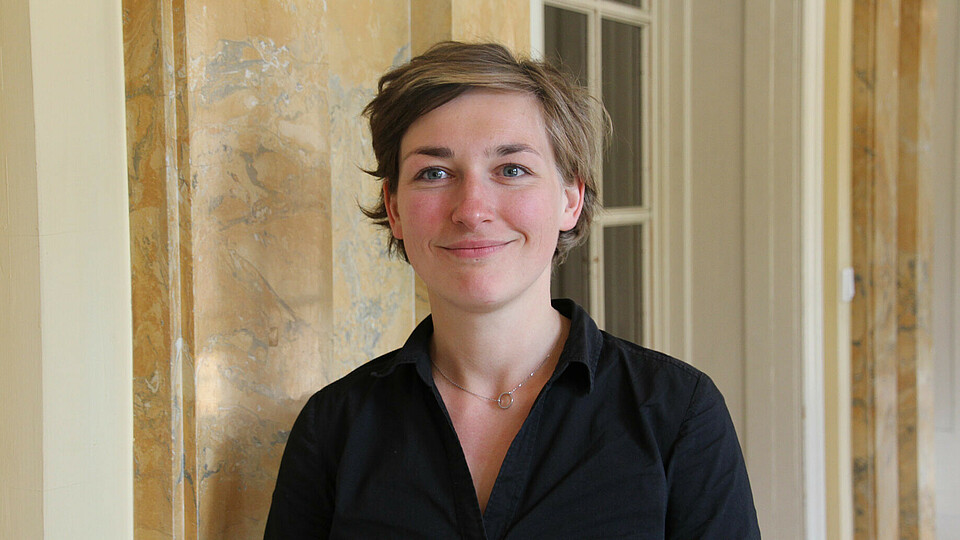
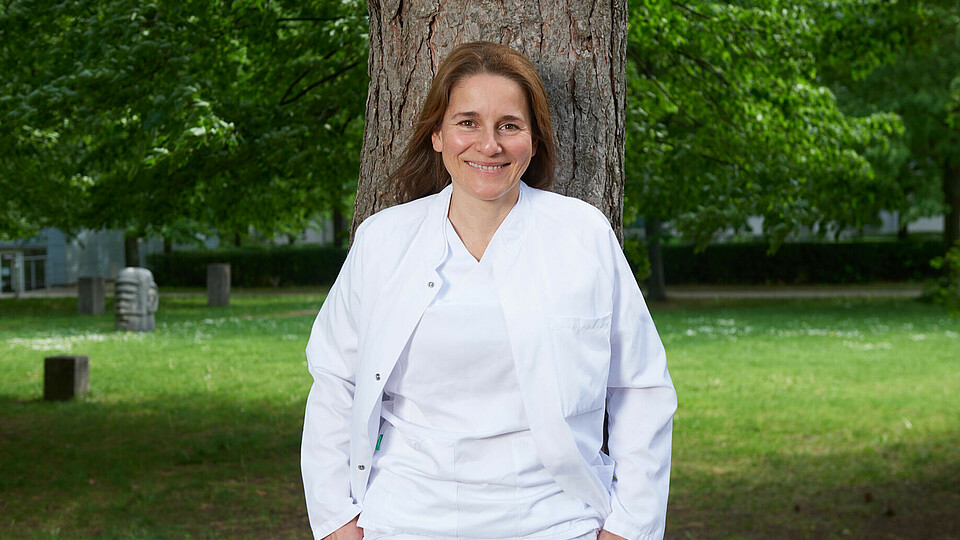
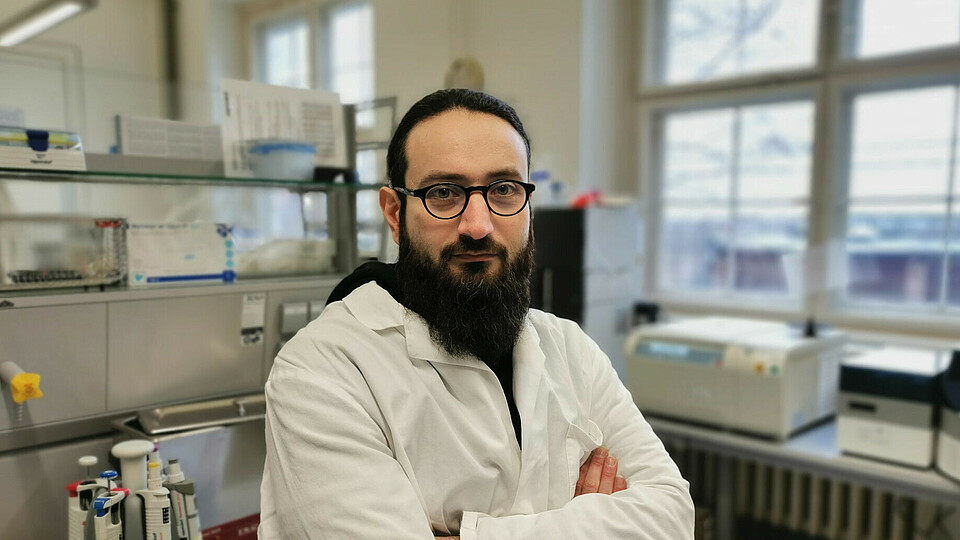
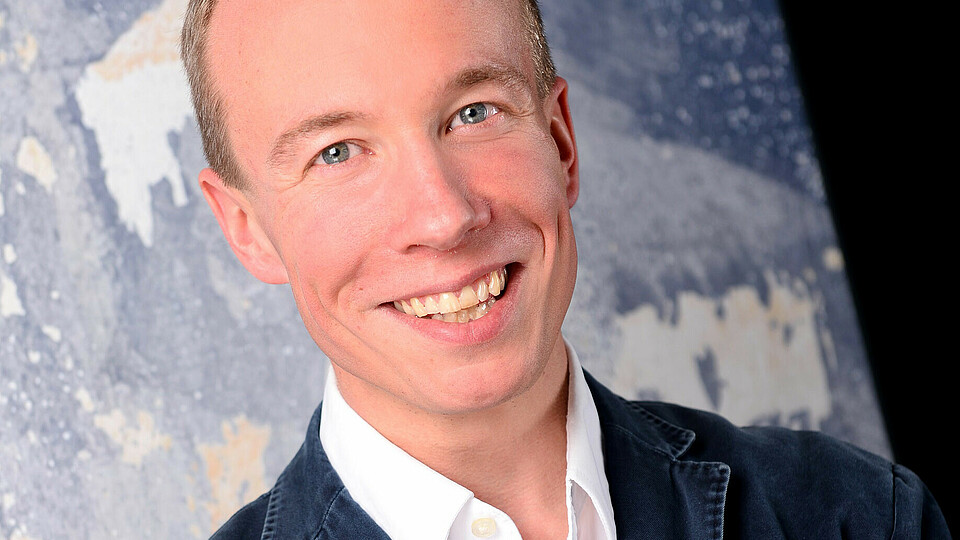
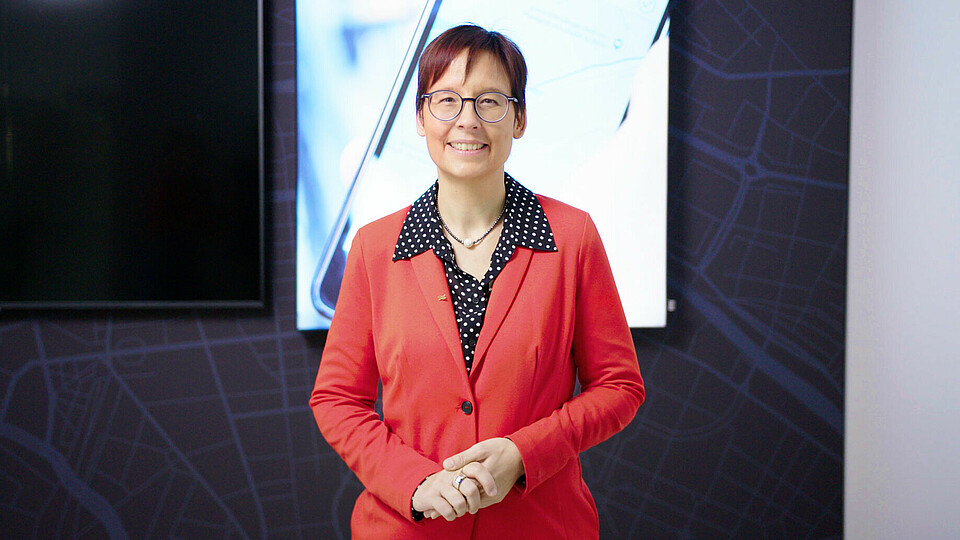
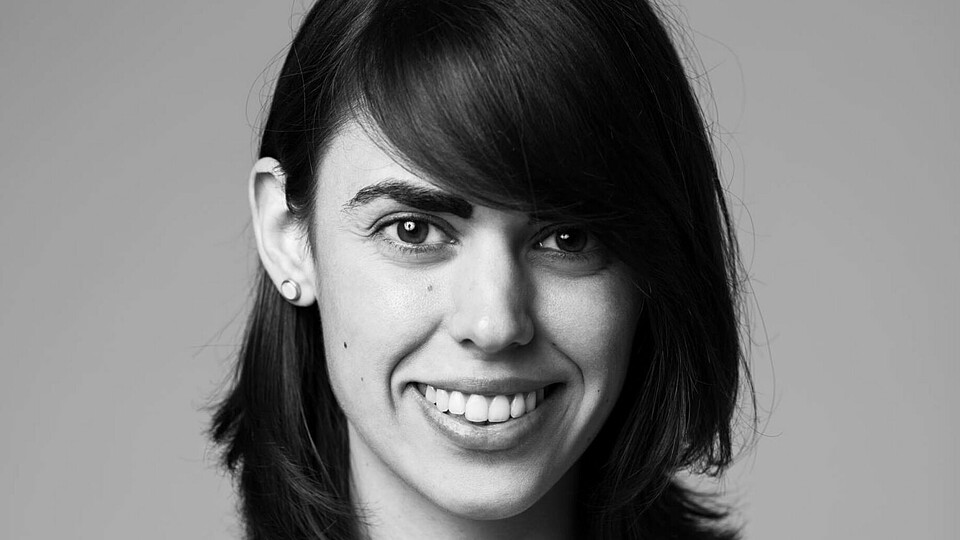
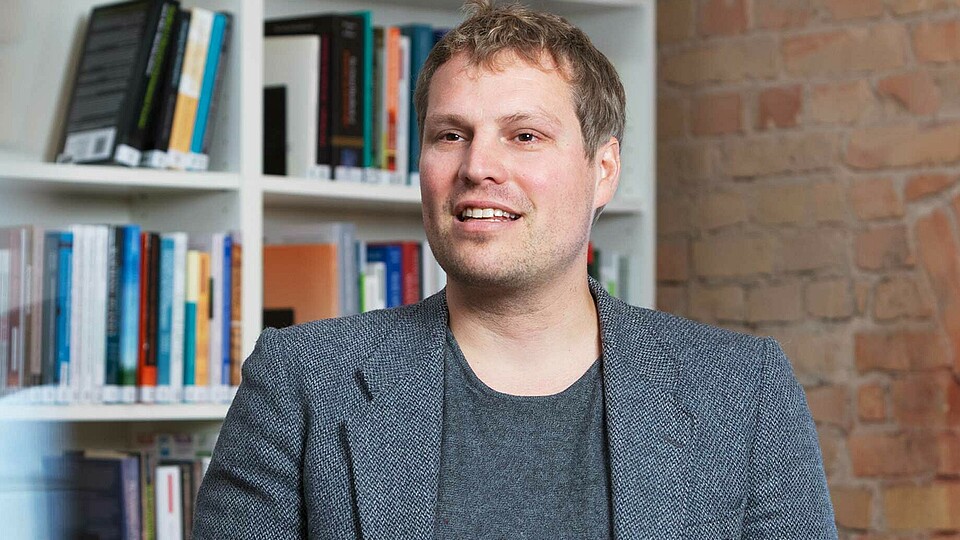
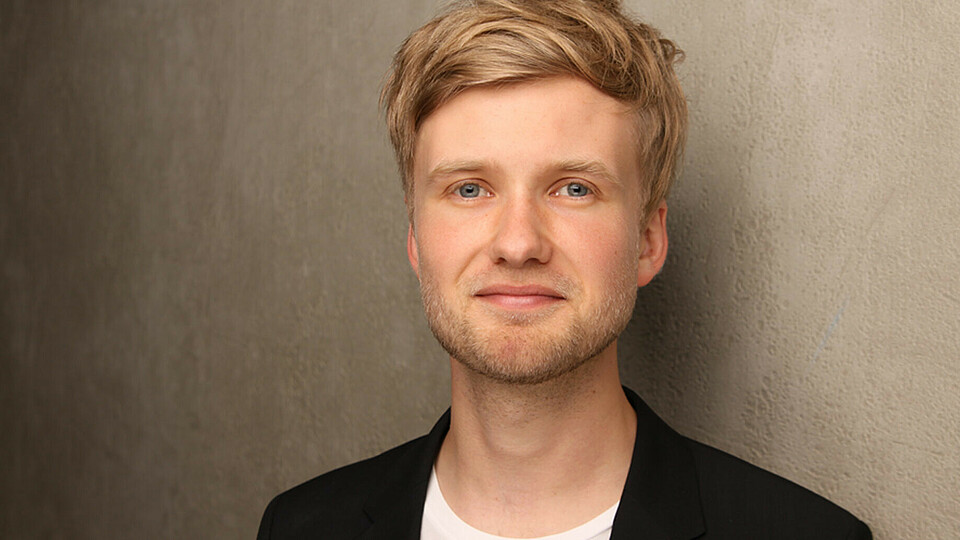
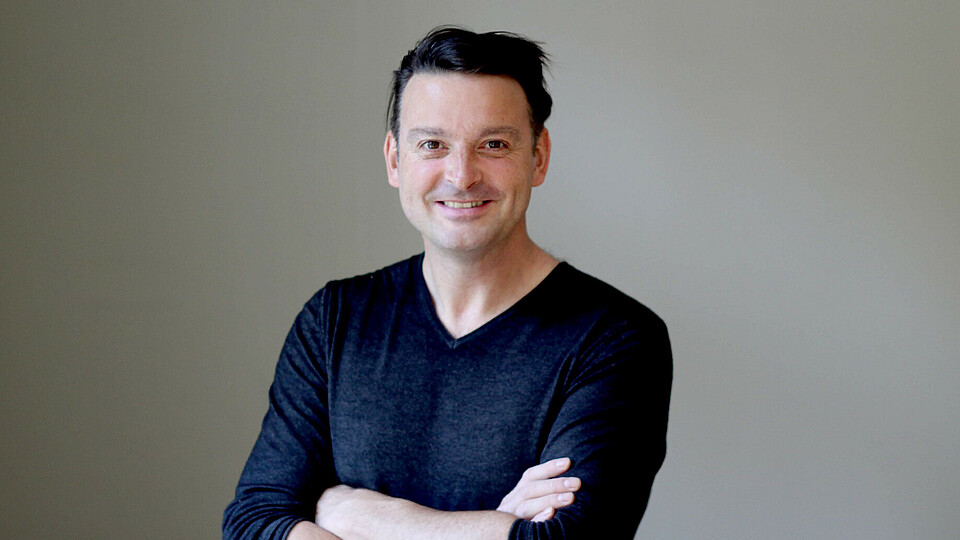
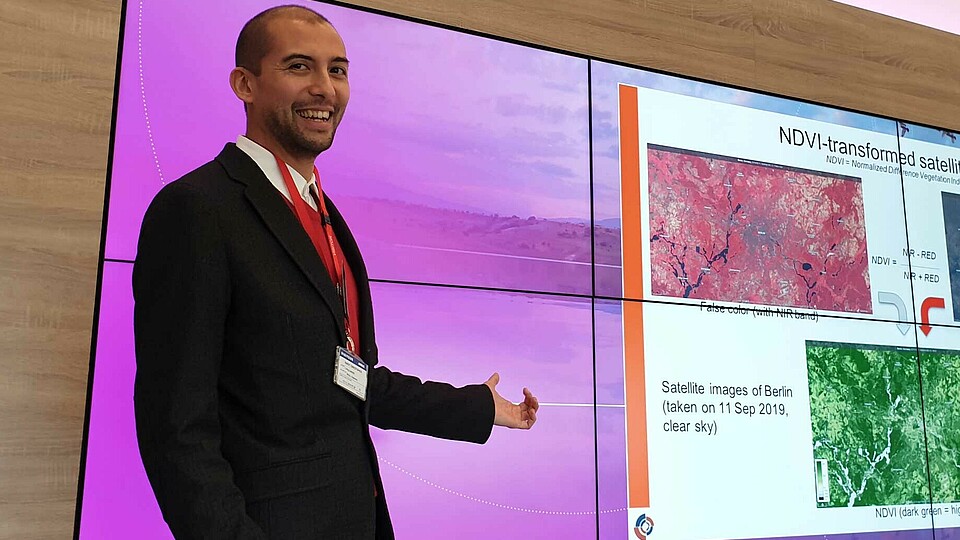
![[Translate to English:] [Translate to English:]](/fileadmin/_processed_/b/c/csm_Lang_Berlin-Partner_Philipp-Jester_683x384_31db623bc3.jpg)